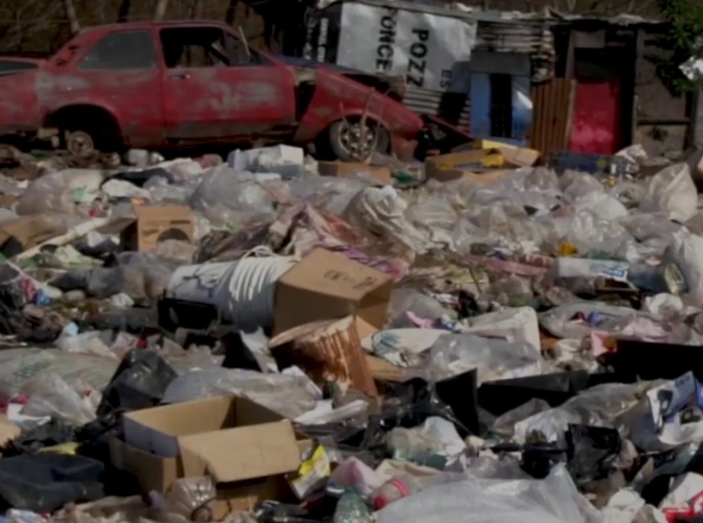The Punjab government has taken a major step toward tackling pollution by officially enacting the ‘Polluter Pays Rules’ as part of provincial law. This move holds individuals and businesses financially accountable if they are found contaminating air, water, or soil, with hefty fines designed to deter harmful practices.
Punjab now stands out as the first province in the country to roll out such a robust legal framework aimed at curbing environmental damage. Officials have vowed strict enforcement, recognizing the growing threat pollution poses to public health and the environment.
To bolster enforcement, Punjab has introduced a cutting-edge digital monitoring system covering 10 distinct zones. Each zone is equipped with “Khabardar,” an automated alert tool that immediately notifies authorities when pollution spikes are detected. The Environmental Protection Agency (EPA) is charged with rapid responses to these warnings.
Supporting this effort, dedicated teams including inspectors and zone heads have been deployed. They are backed by drone surveillance, specialized vehicles, and rapid-response technology to ensure quick action against polluters.
Leveraging artificial intelligence, the system constantly scans emissions from industrial sources like chimneys and kilns, as well as from vehicles, to detect any breaches of legal pollution limits in real-time. This allows enforcement teams to intervene promptly. Moreover, severe fines will be imposed on illegal dumping of hazardous industrial waste into water bodies and on open burning of garbage or plastics.
The government has allocated Rs 250 million to establish a new EPA Force headquarters, signaling a long-term commitment to strengthening environmental governance. Alongside enforcement, Punjab plans to promote green alternatives through initiatives like the Green Credit Program, encouraging the adoption of e-bikes, e-rickshaws, and electric agricultural machinery such as super seeders.
Senior Provincial Minister Marriyum Aurangzeb emphasized that Punjab is shifting towards a more proactive environmental strategy. Beyond regulation, the government is investing in education and awareness through programs like the Green School Initiative and efforts to create more clean, green public spaces.
This combination of tough penalties, high-tech monitoring, and public engagement marks a significant evolution in Punjab’s approach to pollution control—one that could serve as a model for other regions facing similar challenges.
